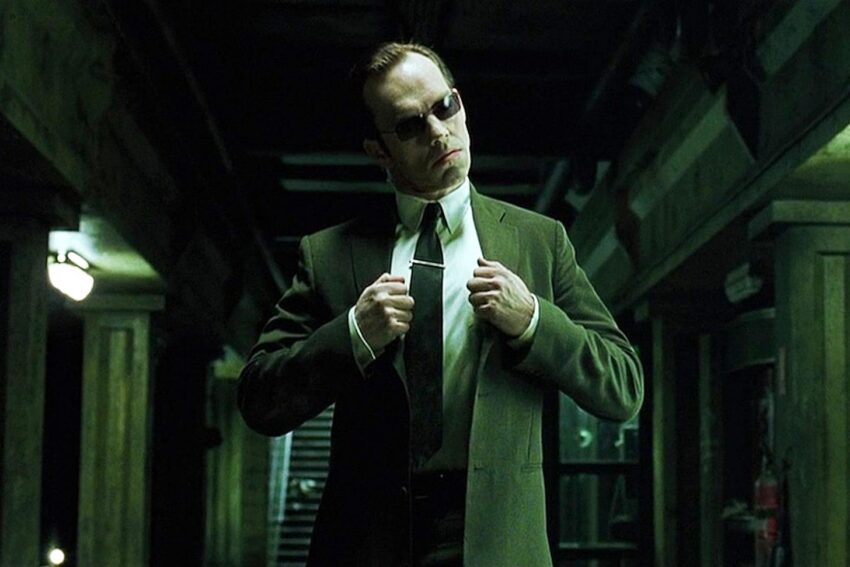The anti-monopolist writer Matt Stoller, author of the book Goliath and of the newsletter Big, is more than just a thinker I respect deeply. He’s also been a friend for over two decades. When I disagree with him on something, it’s with that foundation of trust beneath it.
I disagree with Matt on his complacency around AI-induced job decimation.
“Complacency” may be an unfair word. Matt is anything but a techno-optimist. He’s not saying don’t worry, your job will be fine, or even that AI will create more jobs than it destroys. He’s well aware that AI is going to transform society and the economy profoundly. It’s just that he thinks that the impact we’re seeing on jobs, at least so far, is not, in fact, the inevitable consequence of the technology itself. Rather, it is the outcome of policy choices made by corporate leaders and politicians, who then turn around and deflect the blame onto technology, which is a little like blaming it on the gods.
This has always been Matt’s greatest contribution to the political discourse: he understands the power of laws and won’t allow us to ignore it. Our social structures are not just impassive objects tossed to and fro by social and economic forces, he reminds us. They are also the result of conscious decisions we either make or fail to make. It’s an empowering reminder, insofar as it helps us understand that the forces of the economy are not mystical powers outside of our control. It also forces accountability on the powerful, by rejecting their pretenses that the self-serving choices they make aren’t really choices at all, but just the laws of the natural economy at work, that neither they nor anyone else has the power or the right to stop.
Matt’s insight is no less relevant to the current AI threat than it is to every other market dynamic. Many of the harms we’re supposedly seeing from AI, he insists, are human-made.
Take accounting, for instance. Accounting is a profession ripe for displacement by AI. But as Matt points out, accounting jobs started disappearing long before generative AI appeared on the landscape. People are avoiding careers in accounting because it’s become a bad job, with low pay, low prestige, and lots of stress. This is the result of political choices we’ve made, such as allowing the corporate actors who are audited by accountants to amass so much power that accounting has become a charade. Blaming AI is just ex-post-facto deflection.
Or take creative professions, like writing novels. Authors aren’t so much being displaced by AI as seeing their work stolen from them wholesale, in plain sight, by the AI labs. If criminals routinely rob the convenience store you manage with impunity, it’s not a problem of supply and demand; it’s a problem of lack of law enforcement. Intellectual property is no different. We shouldn’t allow thieves to get away with pretending that their crimes were just the inevitable outcome of the supernatural forces of economics and technological progress. Broking a few eggs to make an omelette.
I agree with Matt on all those points, and on basically everything else he notes in his piece. But it barely touches the surface of what is to come.
AI is going to destroy jobs not because anyone necessarily wants them destroyed, but because it will render those jobs superfluous. That’s the very purpose of its creation. Its existence alone will compel these harms, whether or not corporate executives and politicians are on board. This is not just a political problem, and it will soon no longer be a matter of our choosing than natural disasters or the spread of viruses are.
Click this link for the original source of this article.
Author: Leighton Woodhouse
This content is courtesy of, and owned and copyrighted by, https://leightonwoodhouse.substack.com and its author. This content is made available by use of the public RSS feed offered by the host site and is used for educational purposes only. If you are the author or represent the host site and would like this content removed now and in the future, please contact USSANews.com using the email address in the Contact page found in the website menu.









